Your baby is now officially an embryo and is about the size of a poppy seed.
Please visit www.nhs.uk/conditions/pregnancy-and-baby/4-weeks-pregnant/ for more information.
Local Maternity and Neonatal System
View navigation
Pregnancy journey
Vaccines can help protect both you and your baby from vaccine-preventable diseases. During pregnancy, vaccinated mothers pass on infection-fighting proteins called antibodies to their babies. Antibodies provide some immunity (protection) against certain diseases during their first few months of life, when your baby is still too young to get vaccinated. It also helps provide important protection for you throughout your pregnancy.
Pregnant women have a higher chance of complications if they come down with influenza, and it can cause your baby to be born prematurely or have a low birth weight, and in some cases may even lead to stillbirth.
It is safe for you to have the flu vaccine any time during pregnancy or whilst breastfeeding (this will be within the months of September to March). For more information, click here.
If you are pregnant and think you may have flu please contact your GP as soon as possible.
Whooping cough is particularly dangerous for newborn babies before they have their first course of infant vaccinations. It is highly infectious and can be caught from siblings and other children easily.
However, if you have a vaccination during pregnancy you can protect your baby during their first weeks of life because the immunity you receive from the vaccination passes through the placenta. Ideally you should have the vaccination between 16 and 32 weeks of pregnancy for it to be most effective, but it is safe at any time. Even after you have given birth having the vaccination may protect you from whooping cough and hence prevent you from passing it on to your baby. For more information, click here.

Your baby is now officially an embryo and is about the size of a poppy seed.
Please visit www.nhs.uk/conditions/pregnancy-and-baby/4-weeks-pregnant/ for more information.
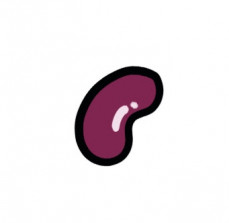
Your baby is now the size of a kidney bean and weighs 1g.
Please visit www.nhs.uk/conditions/pregnancy-and-baby/8-weeks-pregnant/ for more information.
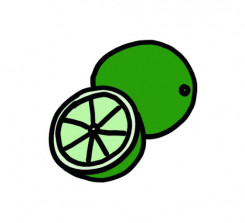
Welcome to the second trimester!
Your baby is about the size of a small lime and weighs approximately 14g.
You have hopefully seen your midwife for your 'booking in' appointment, if you have not yet seen a midwife please make an appointment quickly, so you can have all of your choices about screening tests explained and offered to you.
Please visit www.nhs.uk/conditions/pregnancy-and-baby/12-weeks-pregnant/ for more information. You can also link to the 'Pregnancy Journey' area here.
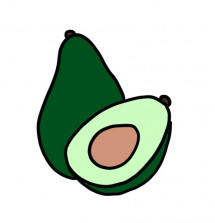
Your baby is about the size of an avocado and weighs approximately 100g.
Please visit www.nhs.uk/conditions/pregnancy-and-baby/16-weeks-pregnant/ for more information.

Your baby has grown in length and is now the length of a small banana and weighs approximately 300g. Around this time you will be offered your '20 week' scan, also known as the 'anatomy' or 'anomaly' scan.Click here for more information about screening.
This is a also a good time to talk and sing to your bump as your baby can now hear sounds. This is great way for you and your partner/family to bond with your baby.
Please visit www.nhs.uk/conditions/pregnancy-and-baby/20-weeks-pregnant/ for more information.
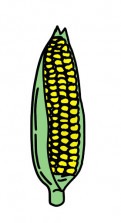
Your baby has grown again to the approximate length of an ear of sweetcorn and weighs about 600g.
Please visit www.nhs.uk/conditions/pregnancy-and-baby/24-weeks-pregnant/ for more information.
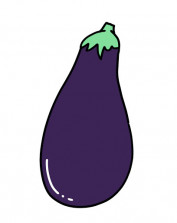
Welcome to the third trimester!
Your baby is now approximately the weight of an aubergine; about 1kg and approximately 37cm in length.
Please visit www.nhs.uk/conditions/pregnancy-and-baby/28-weeks-pregnant/ for more information.
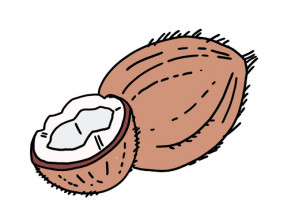
Your baby now weighs approximately the same as a coconut; around 1.5kg.
Please visit www.nhs.uk/conditions/pregnancy-and-baby/32-weeks-pregnant/ for more information.
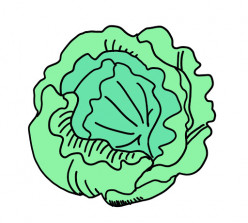
Your baby is now around the same size as a lettuce, approximately 47cm long and weighs around 2.6kg.
Please visit www.nhs.uk/conditions/pregnancy-and-baby/36-weeks-pregnant/ for more information.

Your baby is now the weight of a small watermelon which is approximately 3.3kg and around 50cm in length.
Please visit www.nhs.uk/conditions/pregnancy-and-baby/40-weeks-pregnant/ for more information.